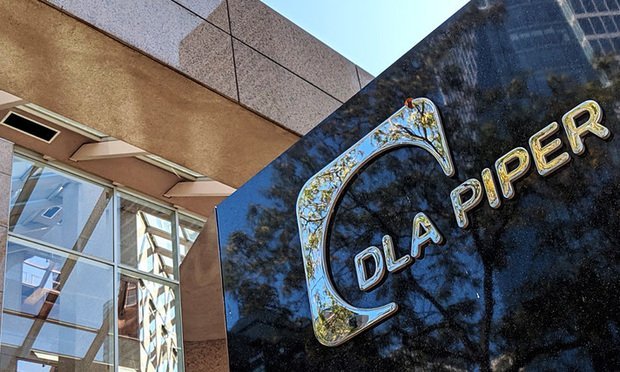Now Reading: Signs of Hernia Mesh Failure
-
01
Signs of Hernia Mesh Failure

Signs of Hernia Mesh Failure
A hernia mesh is a surgical mesh that helps repair certain internal injuries. It is often used to reinforce the inguinal ring and diaphragm. Since a doctor performs this surgery, it would not affect the right-of-way of other surgeries. However, post-op complications can arise.
If you notice prolonged discomfort, chronic pain, or bulging after the intervention, it may be a sign of hernia mesh failure.
Chronic Pain
A common sign of hernia mesh failure is pain. The patient will feel pain because of the incision and the stress on the body, however, this should fade away in time. If pain persists, do not hesitate to voice your concern to your physician. Post-op care is essential, and it is your doctor’s responsibility to monitor your recovery.
Bulging
Hernia mesh failure may result in bulging, especially in the area where the incision was made. This will cause discomfort and pain to the patient. If you notice swelling, it is necessary to consult with your doctor. Only a medical expert can interpret the signs correctly and take the appropriate measures to address any problems that may arise after the surgery.
If you have suffered from hernia mesh failure, you may be able to claim compensation. A hernia mesh lawsuit attorney from Zanes Law can review the available evidence for your case and advise you on how to proceed.
Infection
Swelling in the groin area may lead to pain or discomfort. This could be a sign of infection. In men, swelling can lead to an infection of the scrotal area. The infection can spread throughout the body if proper treatment is not administered, leading to further complications. If complications are addressed early on, the impact can be minimized.
Impotence
Impotence can be a problem among males who underwent hernia mesh surgery. If the incision is in the groin area, the area becomes more vulnerable to infections and inflammation. This can lead to impotence and other symptoms, including pain, swelling, and fever. The doctor will advise the patient on how to mend the problem.
Nausea
Another possible sign of hernia mesh failure is nausea. The patient will feel nauseous after the operation, especially if they do not take anti-nausea medication. This can be a temporary condition, but it should be discussed with the doctor. If the symptoms persist, it can be a sign of hernia mesh failure.
Lethargy
Lethargy after an operation is not uncommon. However, if this persists, it can be a sign that something went wrong with the surgery. The patient may appear weak, tired, and sleepy.
Constipation
Constant constipation can be another sign of hernia mesh failure. This can be a temporary condition, but it could be a sign that the incision is still in place and has not healed properly. In this case, bowel movements will become difficult for the patient.
Burning
A burning sensation in the incision area can also signify hernia mesh failure. If you have had a hernia mesh surgery and feel a flushing sensation, you may want to talk to your doctor about it.
Hernia Mesh Failure Lawsuits
Victims of hernia mesh failure can file a lawsuit against the at-fault party. Several entities may be liable for the incident, including the hernia mesh manufacturer and the medical staff who conducted the surgery. A lawyer can help identify who is responsible for the problem.
If a person is in long-term pain or unable to perform basic activities, such as work, because hernia mesh failure occurred, they might have a valid claim that can be pursued in court.
Hernia Mesh Attorneys
If you feel something is wrong after a hernia mesh surgery, contact a skilled physician immediately. If you suffer from a hernia mesh failure, you may file a lawsuit against the liable party. A skilled lawyer can offer further guidance in seeking justice. The compensation you receive can help you rebuild your life and protect your finances.
About the author:











